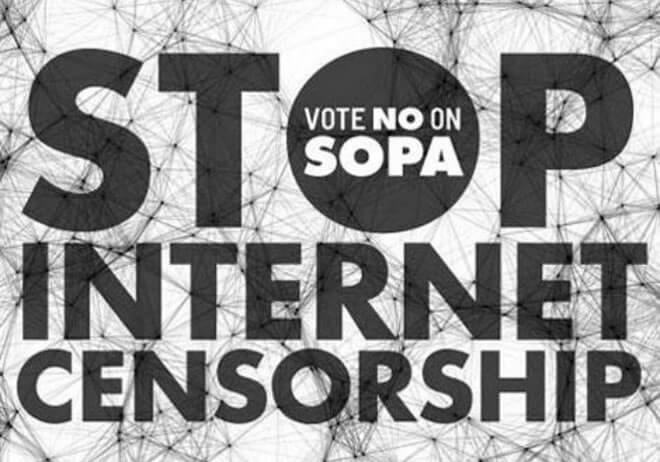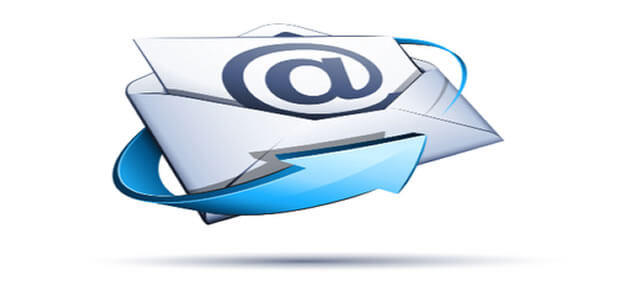Controversial SOPA and its Siblings PIPA and OPEN
Advertising, commerce, and networking – it all happens online. However, the Stop Online Piracy Act, referred to as SOPA, is a US bill that is looking to fight the internet’s activities. This includes the focus on intellectual property that has been copyrighted and the trafficking of counterfeit goods. The bill would require ISP providers to store data for years to provide courts with the information they need for future investigations forcing them to search for ediscovery methods.
It is believed that SOPA could be threatening what the internet is all about. It could prevent advertising networks from marketing material, it would require search engines to stop linking to certain sites and ISP providers would have to block access to certain sites. Websites that include Flickr, Vimeo and possibly even YouTube could be shut down if the bill becomes law, because these servers share intellectual property: legally or not.
RELATED: Data Backup and Recovery Solutions
Entire internet domains could be blocked because of infringing material posted on a single webpage or blog. The Digital Millennium Copyright Act would be taken to a completely new step if SOPA were to be passed. Many are worried that facts could be skewed and misinformation could lead to dissemination.
Proponents of SOPA include those who think that the legislation is designed to protect intellectual property online. However, the opponents of SOPA include websites, programmers and much of the entertainment industry who say that the bill will lead to internet censorship.
On January 18, 2012, many websites around the globe staged a protest and went dark to show just how important the internet is to its’ users, and what would happen if SOPA were to be approved.
RELATED: Geek Ethicist: YUCK! Maybe Not
Beyond SOPA is the PROTECT IP Act. This is preventing real online threats to economic creativity and theft of intellectual property. It is often referred to as PIPA which will give the U.S. government tools to curb access to websites that are dedicated to counterfeit goods, specifically those that operate outside of the United States. This will cost the government a significant amount of money and could present a lot of enforcement problems.
The bills originally started as COICA in 2010, but failed to pass. PIPA came next and SOPA was introduced in October 2011. There have been plans to postpone SOPA and PIPA again, though the House Judiciary Committee is still trying to find a solution that focuses on online piracy.
RELATED: Top 5 Tech Gifts for Kids
The tech industry isn’t against all attempts to fight online piracy – they simply don’t like the current solutions that have been suggested. OPEN is an alternative to SOPA; and is endorsed by Google, would focus on policing websites with links to internet pirates that are foreign-based.
A guest post by Lindsey Harper Mac.




